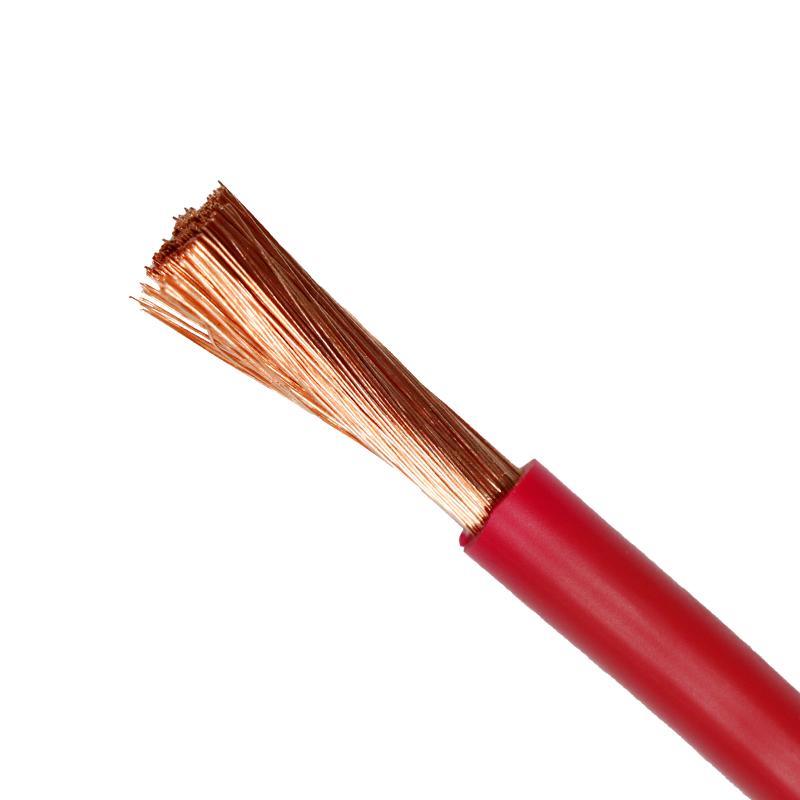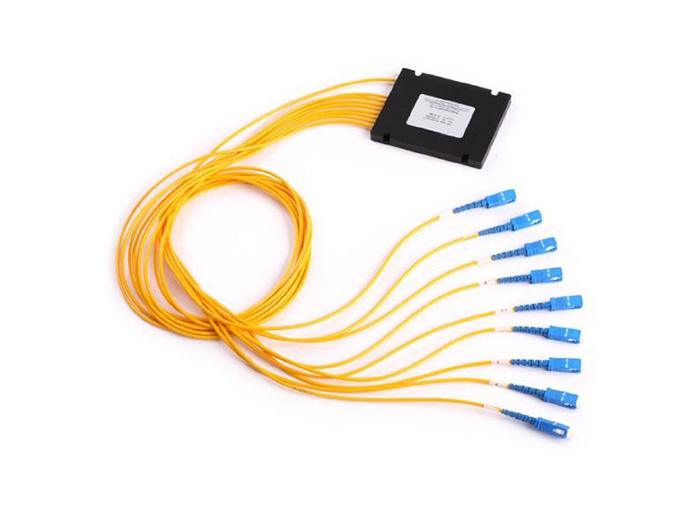When it comes to electrical wiring, the choice of materials is crucial for ensuring safety, efficiency, and longevity of the system. One common question that arises is whether copper and aluminum wires can be mixed in the same electrical installation. In this article, we will delve into the compatibility of copper and aluminum wire, exploring the advantages, challenges, and best practices associated with combining these two materials in electrical applications.
- Understanding the Differences Between Copper and Aluminum Wire:
Copper and aluminum are two of the most commonly used materials for electrical wiring. Copper is known for its excellent conductivity, corrosion resistance, and flexibility, making it a popular choice for various electrical applications. On the other hand, aluminum is lighter, more affordable, and has a higher ampacity compared to copper. However, aluminum is more prone to oxidation and has lower tensile strength than copper. - Compatibility Issues:
One of the main concerns when mixing copper and aluminum wire is the potential for galvanic corrosion. Galvanic corrosion occurs when two dissimilar metals come into contact in the presence of an electrolyte, leading to accelerated corrosion of the less noble metal (in this case, aluminum). This can compromise the integrity of the electrical connection and pose safety risks. - Solutions and Best Practices:
To address the compatibility issues between copper and aluminum wire, several solutions and best practices can be implemented:
- The use of approved connectors specifically designed for joining copper and aluminum wires can help mitigate the risk of galvanic corrosion.
- Applying antioxidant compounds or inhibitors to the connection points can provide an additional layer of protection against corrosion.
- Proper installation techniques, such as avoiding direct contact between copper and aluminum wires and using appropriate insulation, can help maintain the integrity of the electrical system.
- Considerations for Mixed Wiring Systems:
In some cases, mixing copper and aluminum wires may be unavoidable, especially in retrofitting or upgrading electrical systems. When integrating copper and aluminum wires in the same system, it is essential to:
- Follow manufacturer guidelines and industry standards for compatibility and installation practices.
- Conduct regular inspections and maintenance to detect any signs of corrosion or degradation in the connections.
- Seek advice from qualified electricians or engineers to ensure the safety and reliability of the mixed wiring system.
Conclusion:
While mixing copper and aluminum wire in electrical applications can present challenges, it is possible to do so safely and effectively by following best practices and guidelines. By understanding the differences between these materials, addressing compatibility issues, and implementing proper installation techniques, it is feasible to create a reliable and efficient electrical system that combines the benefits of both copper and aluminum.



